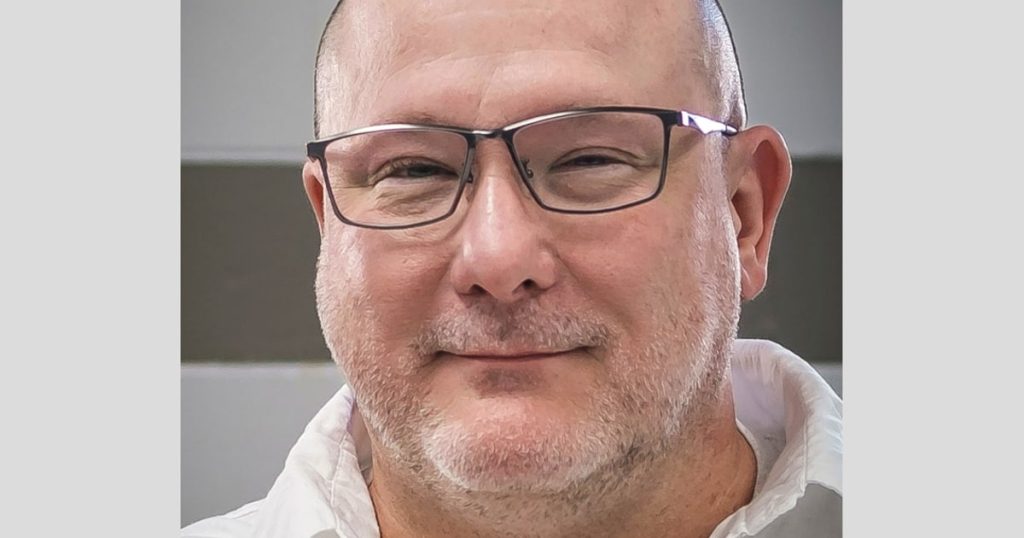On Tuesday, Missouri executed Brian Dorsey, the first prisoner sentenced to death in the state this year. Despite efforts by dozens of prison staffers to save his life, Dorsey was put to death for killing his cousin and her husband in 2006. The execution was carried out via a single-dose injection of pentobarbital at the state prison in Bonne Terre. Dorsey had requested clemency, but Governor Mike Parson decided to move forward with the execution, which was also denied a last-minute halt by the U.S. Supreme Court.
Dorsey, who was described as a “model inmate” by prison staffers, expressed gratitude towards those who tried to prevent his execution in his last words. He acknowledged his family, friends, and supporters, stating that he carried no ill will or anger, only acceptance and understanding. Dorsey pleaded guilty to the murder of his cousin Sarah Bonnie and her husband Ben Bonnie after he asked for their help with two drug dealers demanding payment. He opened fire on the couple, killing them while their 4-year-old daughter was unharmed.
The decision to execute Dorsey was upheld by the Missouri Supreme Court, which found seven aggravating factors contributing to its recommendation of a death sentence. Among these factors was Dorsey’s assault on his cousin’s body after the shooting. Dorsey apologized for his actions in his last words, expressing deep guilt and remorse for the harm he caused to his victims and their families. He claimed he was in a drug-induced state of psychosis at the time of the murders.
Several Missouri Corrections Department employees, including a retired officer who knew Dorsey personally, advocated for clemency on the grounds of Dorsey’s rehabilitation while in prison. They described him as a good person who had made a mistake and was working towards bettering himself. Dorsey’s cousin, Jenni Gerhauser, also pleaded for a halt to the execution, stating that contemporary justice had failed Brian. She acknowledged the seriousness of his crime but defended his character as a loving, compassionate, and helpful individual before the incident.
Despite the efforts to save Dorsey’s life, the execution proceeded as scheduled. The U.S. Supreme Court denied last-minute attempts to halt the process, and Dorsey was pronounced dead at 6:11 p.m. local time. Dorsey’s case highlighted the complexities of capital punishment, with supporters advocating for clemency based on his behavior while incarcerated and the potential for rehabilitation. The execution sparked debates about the efficacy of the death penalty and the role of forgiveness in the criminal justice system.


